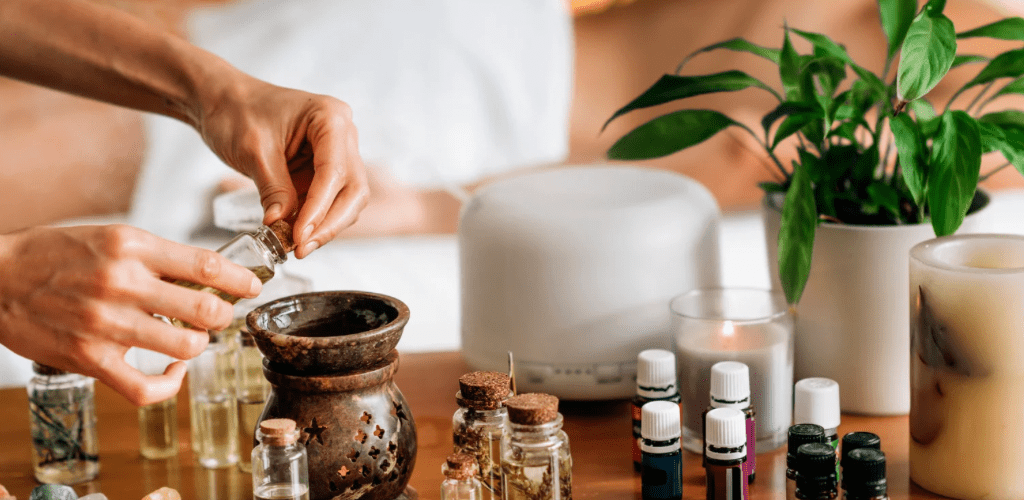INFLAMMATORY BOWEL DISEASE
It’s crucial to work with qualified Unani practitioners who can provide individualized recommendations based on your specific constitution (Mizaj) and symptoms.
Additionally, always inform your healthcare team about any complementary therapies you are considering to ensure a coordinated and safe approach to managing Crohn’s disease. Unani treatments should complement conventional medical care and not replace it, especially in the case of a chronic and complex condition like Crohn’s disease.
1. Dietary Recommendations:

- Unani medicine often emphasizes dietary modifications to balance the humors (body fluids). A diet that is easy to digest, includes warming spices, and avoids foods that may aggravate symptoms is typically recommended.
2. Herbal Formulations:
- Unani medicine uses various herbs to address digestive issues and inflammation. For example:
- Aloe Vera (Aloe barbadensis): Believed to have anti-inflammatory and healing properties.
- Licorice (Glycyrrhiza glabra): Considered for its soothing effects on the digestive tract.
3. Hijama (Cupping Therapy):
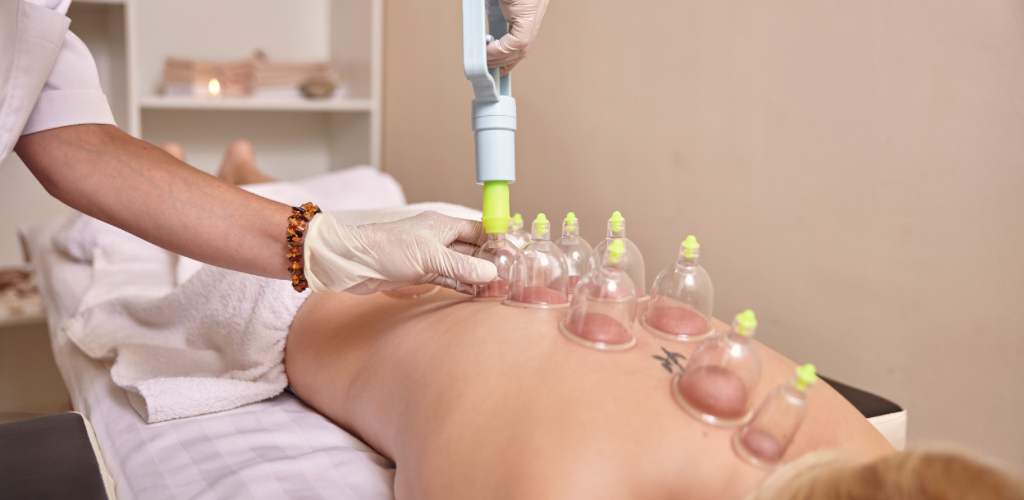
- Hijama is a traditional therapy involving the application of cups to the skin, creating suction. It is believed to promote blood flow and remove toxins. Some individuals consider this therapy for its potential benefits in managing inflammatory conditions.
4. Leech Therapy (Irsal-e-Alaq):
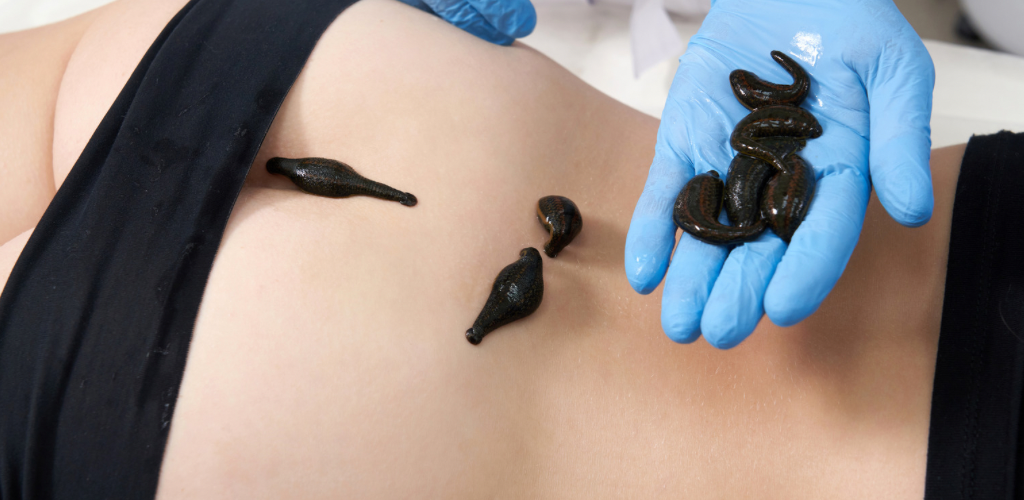
- Leech therapy involves the application of medicinal leeches to a specific area. In Unani medicine, it is believed to help purify the blood and remove toxins. Some individuals may explore leech therapy for its potential effects on inflammation.
5. Dalk (Massage Therapy):
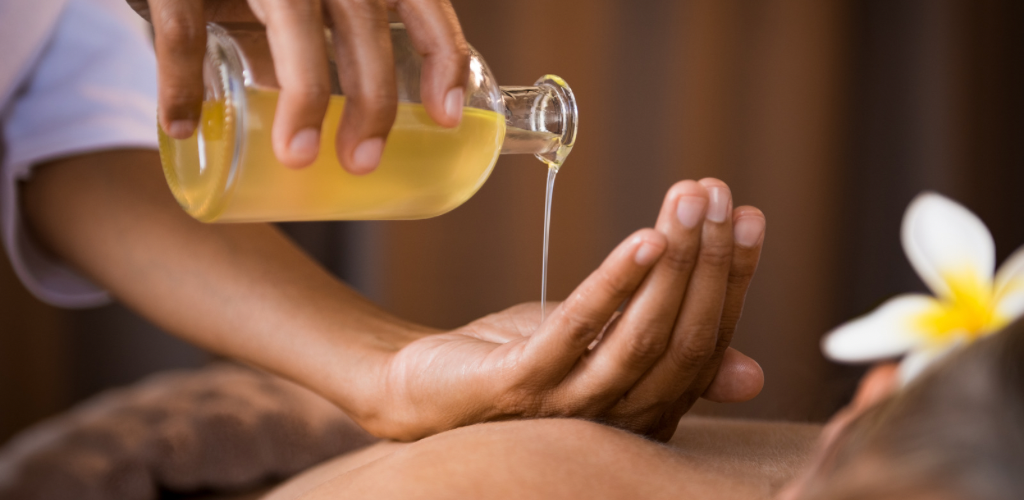
- Dalk, or massage, is used in Unani medicine to improve circulation and promote overall well-being. It may be considered for individuals with Crohn’s disease to reduce stress and support general health.
6. Lifestyle Recommendations:
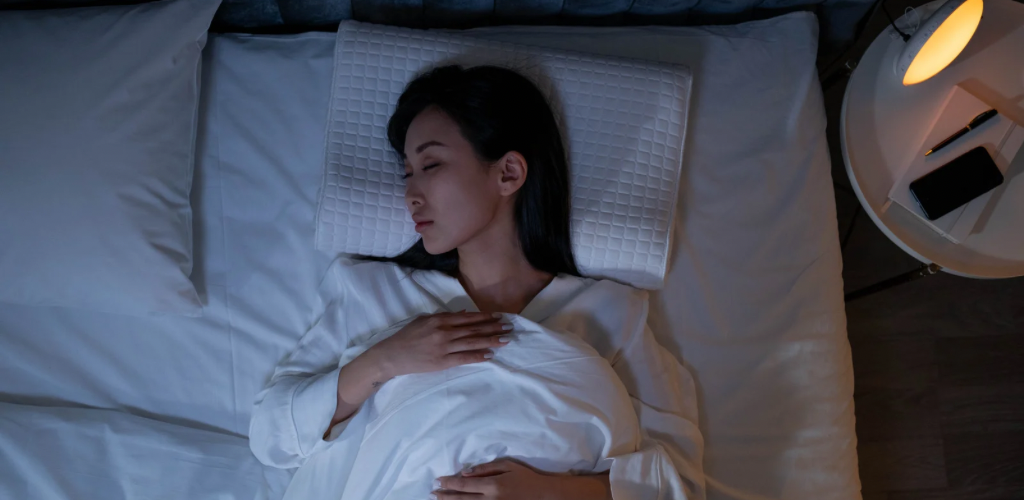
- Unani medicine emphasizes lifestyle factors such as maintaining a regular daily routine, stress management, and getting adequate sleep.
Additionally, always inform your healthcare team about any complementary therapies you are considering to ensure a coordinated and safe approach to managing Crohn’s disease. Unani treatments should complement conventional medical care and not replace it, especially in the case of a chronic and complex condition like Crohn’s disease.

